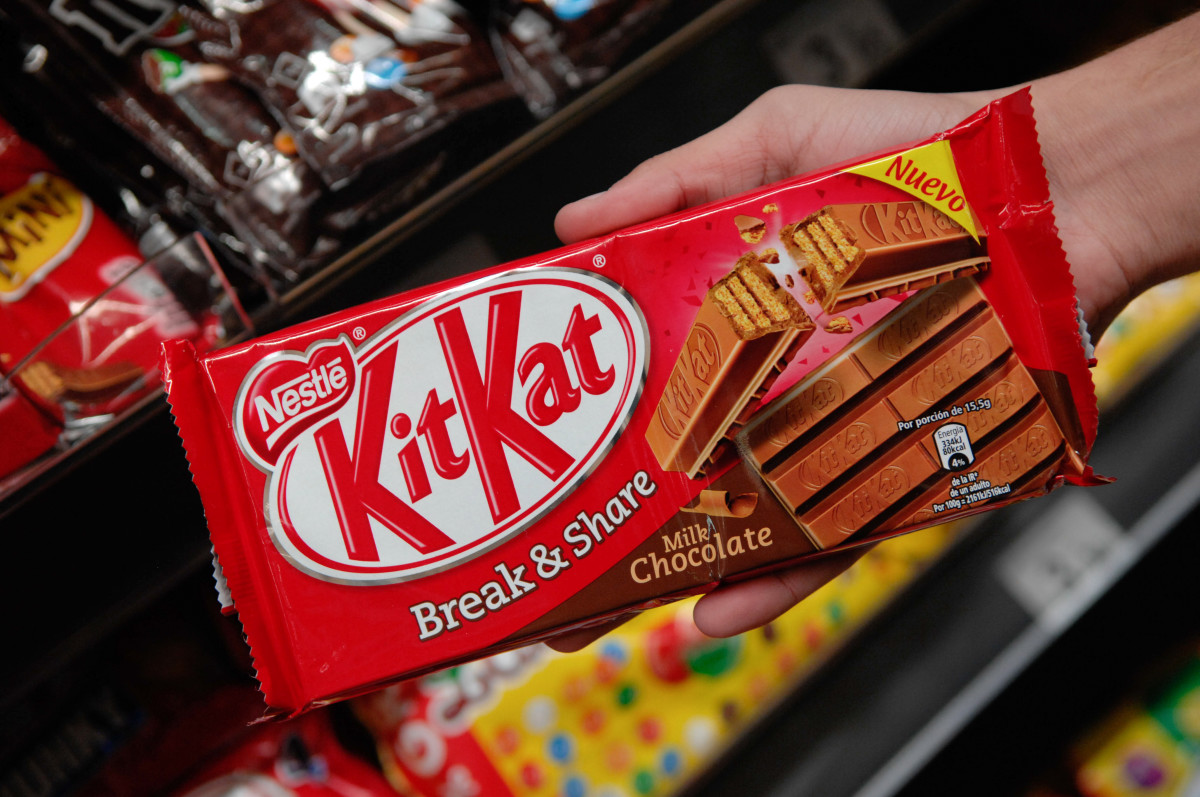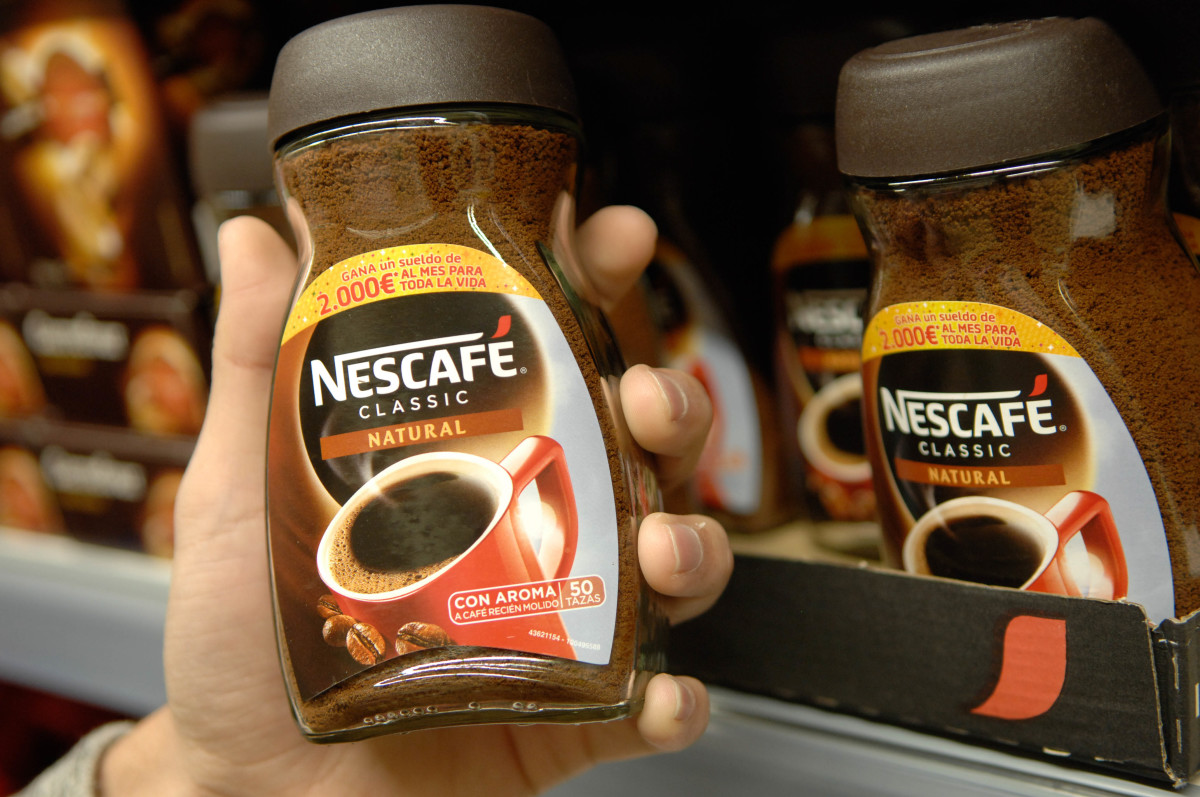
Nestlé (NESAF) , which owns top brands such as KitKat, Gerber, Purina and Coffee-Mate, is suffering from a major shift in consumer behavior.
The food giant just reported a dip in sales in its nine-month sales earnings report for 2024 after it implemented a series of significant price increases over the past two years.
💰💸 Don’t miss the move: SIGN UP for TheStreet’s FREE Daily newsletter 💰💸
In the report, Nestlé revealed its total reported sales during the last nine months were down by 2.4%. In the U.S., organic growth in the region, which is how much a company grows internally from sales and output, declined by 0.3%.
Related: Nestlé rejects proposal that would have forced it to sell healthier food
The company also stated it saw a decline in U.S. sales for brands such as Coffee-Mate, Gerber, and a number of frozen food products. Nestlé said that the “largest growth contributor” of sales in the U.S. was in its pet care sector, which includes products such as Purina Pro Plan, Fancy Feast and Friskies. Despite a softening in demand, Purina products delivered low single-digit growth.
“Consumer demand has weakened in recent months, and we expect the demand environment to remain soft,” said Nestlé CEO Laurent Freixe in the report.
Amid waning sales, Nestlé announced that it will be conducting “organizational and Executive Board changes” in an effort to “drive performance and transformation.”

Nestlé recently faced scrutiny for the ingredients in its products
Nestlé’s declining sales, especially in its infant nutrition sector, comes after it was criticized earlier this year for allegedly including large amounts of sugar in products geared toward children.
A report by Public Eye, which was released in April, accused Nestlé of adding larger servings of sugar in its baby products that are sold in poorer countries when compared to what is sold in countries in its European market.
Related: PepsiCo’s plan to buy a popular brand draws threats from consumers
“Our investigation shows that, for Nestlé, not all babies are equal when it comes to added sugar,” reads the report. “While in Switzerland, where the company is headquartered, the main infant cereals and formula brands sold by the multinational come without added sugar, most Cerelac and Nido products marketed in lower-income countries do contain added sugar, often at high levels.”
In addition, Nestlé also recently faced scrutiny from nonprofit organization ShareAction, which filed a proposal in February to force the company to cut back on sales of products that have high levels of sugar, salt and fats in its food and beverages. The proposal also called for Nestlé to set targets to bolster the proportion of sales from its healthier products.
More Retail:
- PepsiCo’s plan to buy a popular brand draws threats from consumers
- Target makes bold clarification to return policy amid alarming trend
- H&M is the latest victim of an alarming shift in consumer behavior
“While the company claims in its mission statement that its products have ‘the power to enhance lives,’ in reality, three-quarters of Nestlé’s global sales are unhealthy products containing high levels of salt, sugar, and fats,” said ShareAction in a press release in February.
Nestlé argued that the proposal was “wrong,” and that “people can enjoy indulgent products in moderation.” The company also said that setting sales targets for its healthier products would “weaken” other parts of its portfolio, which would generate opportunities for competitors.
Nestlé shareholders rejected the proposal during the company’s annual general meeting on April 18.
Related: Veteran fund manager sees world of pain coming for stocks







